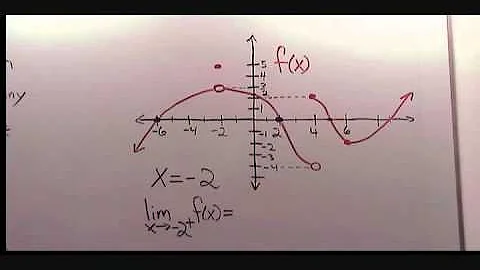Lipshcitz Continuous Function Takes Measure Zero Sets to Measure Zero Set
Graph of a continuous function has measure zero
Solution 1
It is sufficient to show that the set $G'=\{(x,f(x)) | x \in [0,1)^n \}$ has measure zero.
Let $\epsilon>0$, then since $f$ is uniformly continuous on the compact set $[0,1]^n$, there is some $\delta>0$ such that if $\forall x,x' \in [0,1): \|x-x'\|_\infty < \delta$ (note convenient choice of norm) then $|f(x)-f(x')| < \epsilon$.
Now choose $n$ such that ${ 1\over n} < \delta$ and, with $k = (k_1,...,k_n)$, let $x_k = {k \over n}$ and $R_k = \{x_k\} + [0,{1 \over n})^n$, where each of the $k_i$ range through $0,...,n-1$. Note that $\sum_k m R_k = m [0,1)^n = 1$.
Note that for $x \in R_k$, we have $|f(x)-f(x_k)| < \epsilon$, hence $\{ (x,f(x)) \}_{x \in R_k} \subset R_k \times [f(x_k)-\epsilon, f(x_k) + \epsilon]$ and so $m \{ (x,f(x)) \}_{x \in R_k} \le m R_k \cdot m [f(x_k)-\epsilon, f(x_k) + \epsilon] = 2 \epsilon \, m R_k$.
Hence $m G' \le 2 \epsilon \sum_k \, m R_k = 2 \epsilon$.
Since $\epsilon>0$ was arbitrary, we have $m G' = 0$.
Solution 2
Here's another argument. Assuming the graph is measurable, use Fubini-Tonelli to show that its measure is equal to an iterated integral:
$$ m(G) = \int_{{\mathbb R}^n} \int_{{\mathbb R}} {\bf 1}_{\{f(x)\}}(y) dy dx = \int_{{\mathbb R}^n} 0 dx =0,$$
where the second equality is due to the fact that the Lebesgue measure of the singleton $\{y:y=f(x)\}$ is zero for any $x$.
Now for the measurability of $G$. It's a closed set. Why ? Take $(x,y)$ not in $G$. Then $f(x)\ne y$. Therefore by continuity of $f$, there exists a neighborhood $I$ of $x$ and a neighborhood of $J$ of $y$ such that for all $x \in I$, $f(x)\not\in J$. That is, $I\times J\subset G^c$.
Related videos on Youtube
Comments
-
I need help to solve the following problem:
Let $f: \mathbb{R}^n \rightarrow \mathbb{R}$ be a continuous function. Prove that the graph $G(f)=\{(x,f(x)):x\in\mathbb{R}^n\}$ has measure zero in $\mathbb{R}^{n+1}$.
I suppose that I have to use that f es uniformly continuous, but I don't know what rectangle which sum of volumes is less than $\varepsilon > 0$ should I take.
-
Try Fubini. ${}{}{}$
-
I must prove it without using Fubini. Only the definition of measure zero and the properties of a continuous function.
-
Since it is continuous, you can enclose the graph in a collection of rectangles with arbitrarily small area. Split the domain into compact rectangles and use uniform continuity. Stitch the answer together.
-
First show (or use, if accepted as known) that a continuous function on a compact space is uniformly continuous. Then show this proves the graph of the restriction of $f$ to a compact ball has measure zero. Finally, $\mathbb R^n$ is a countable union of compact balls.
-
You should state your restrictions in the question, otherwise you will waste the time of answerers!
-
-
could I ask why it suffices to show that the $G'$ you defined has measure 0?
-
@HossienSahebjame The same analysis will apply to any cube of the form $[a,b)^n$. We can cover $\mathbb{R}^n$ with a countable number of cubes of this form and the measure of the union of a countable collection of measure zero sets will itself have measure zero.
-
ahh got it thanks! like a countable way of covering the reals?
-
@copper.hat Sorry for ma follow-up, but may I ask, does $m$ denote measure and do you/we claim every point in $[0,1)^n$ can be written in form of $$\frac{k}n+v, k\in\{0,\ldots,n-1\}^n,v\in \left[0,\frac1n\right)^n$$?
-
@Invisible Yes & yes. ${k \over n}$ is the 'bottom left' corner of the boxes.
Recents
Source: https://9to5science.com/graph-of-a-continuous-function-has-measure-zero





Post a Comment for "Lipshcitz Continuous Function Takes Measure Zero Sets to Measure Zero Set"